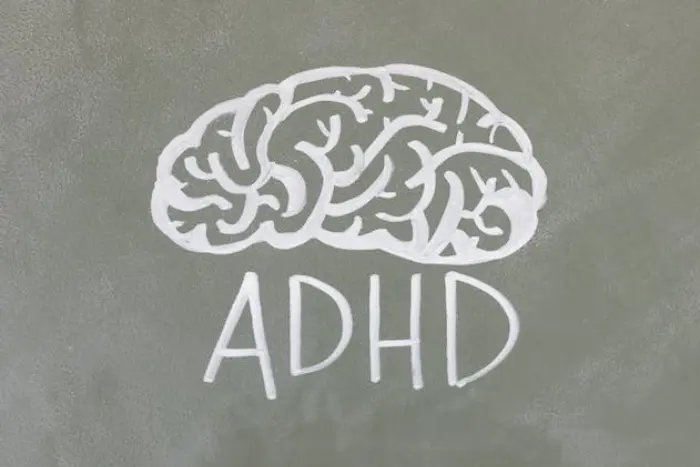Attention deficit hyperactivity disorder, also known as ADHD, is a complicated neurodevelopmental issue that impacts the lives of millions of people all over the world. It can appear in children as well as adults, and it can affect a variety of facets of everyday life, including job and personal relationships. If you suspect that you have attention deficit hyperactivity disorder (ADHD), the blog will take you step by step through the five most important steps in this detailed guide.
Collect the Relevant Information
Before you go in for your evaluation, it would be helpful if you gathered any pertinent information regarding your symptoms and problems. This would give your evaluation more context. Having a journal that you keep up with is a fantastic resource to have available to you in this regard. Make a mental note of the instances in which you were unable to concentrate, remain organized, properly manage your time, or resist the need to act on impulse. It is helpful to present specific examples in order to make the diagnostic process go more smoothly and produce a more accurate assessment.
Obtain A Professional Opinion
It is necessary to seek the advice of an experienced healthcare professional, such as a psychiatrist, a psychologist, or an ADHD specialist. They are in possession of the knowledge as well as the experience that is necessary to carry out an exhaustive examination and deliver a conclusive diagnosis.
To collect information about your symptoms and experiences during the evaluation, the medical professional may use a variety of approaches, such as interviews, questionnaires, and even neuropsychological testing. It’s advisable to explore clinics that offer a broad spectrum of diagnostic ADHD testing in Chicago or a location convenient to you for a thorough diagnostic assessment. A complete picture of your condition may be constructed using this data. In order to diagnose attention deficit hyperactivity disorder (ADHD) and its severity, a thorough evaluation is required.
Think About The Available Treatments
Following an official diagnosis of attention deficit hyperactivity disorder (ADHD), the next step is to speak with your healthcare professional about the available treatment choices. Treatment for attention deficit hyperactivity disorder (ADHD) often consists of a multipronged strategy that combines behavioral therapy, medication, and lifestyle adjustments.
Visiting a reputable healthcare center will be beneficial as they collaborate with you to build a personalized treatment plan that is tailored to your particular requirements and preferences in light of the assessment of your condition. Medication, either stimulants like methylphenidate or non-stimulant choices like atomoxetine, could be a part of this plan in order to treat particular symptoms, such as attention deficit hyperactivity disorder (ADHD). In addition, behavioral therapy can be an important component of the treatment since it can provide skills for efficiently managing day-to-day issues.
Daily Strategies for Improved Living
Living with ADHD comes with its own unique set of obstacles, but there are strategies and methods that, when implemented, can make a major difference in the quality of your day-to-day life. You can improve your ability to stay organized and make better use of your time if you create and stick to a consistent daily routine. Meditation and other forms of relaxation training can help reduce stress and enhance concentration when practiced regularly. The management of ADHD symptoms can be improved by engaging in regular physical exercise and maintaining a healthy, well-balanced diet. You can improve your capacity to effectively manage attention deficit hyperactivity disorder (ADHD) and lessen its effects on both your personal and professional life by adopting these tactics into your day-to-day routine.
Explore Support Groups and Educational Resources
Dealing with ADHD does not have to be a lonesome experience. Seeking emotional assistance from friends, family, or support groups can provide important support and a sense of belonging to the individual doing the seeking. It can be quite reassuring and beneficial to talk about your experiences with people who understand the difficulties that come along with ADHD.
In addition, education regarding ADHD is an essential component in the treatment and management of the illness. Empathy can be developed both within oneself and within one’s relationships by gaining an understanding of the complexities of ADHD and the influence it has on one’s life. Because you have this information, you will be able to articulate your requirements and advocate for your well-being successfully.
Conclusion
ADHD is a challenging neurodevelopmental illness, but it is one that, with the appropriate treatment, can be effectively managed. You may take control of your attention deficit hyperactivity disorder (ADHD) and lead a life that is rewarding if you seek professional evaluation, obtain information that is pertinent to the condition, investigate treatment options, implement methods for daily life, and seek support and education.










